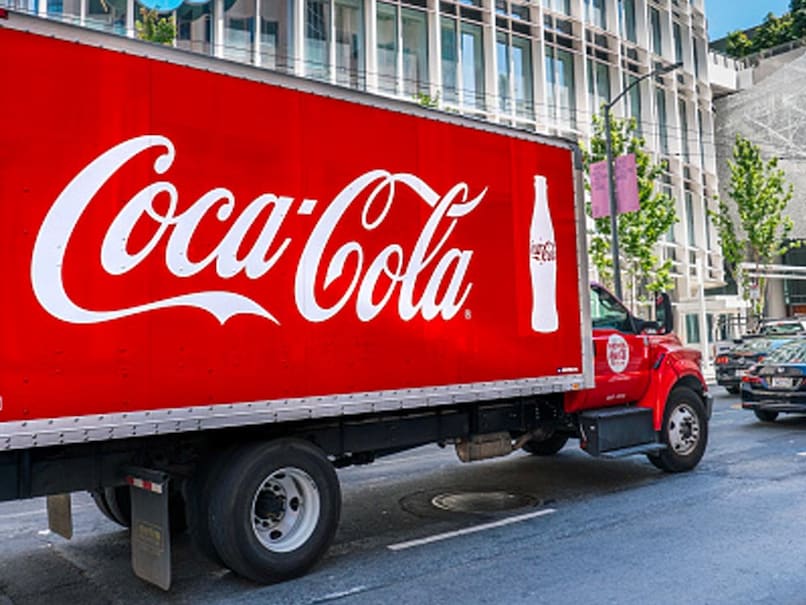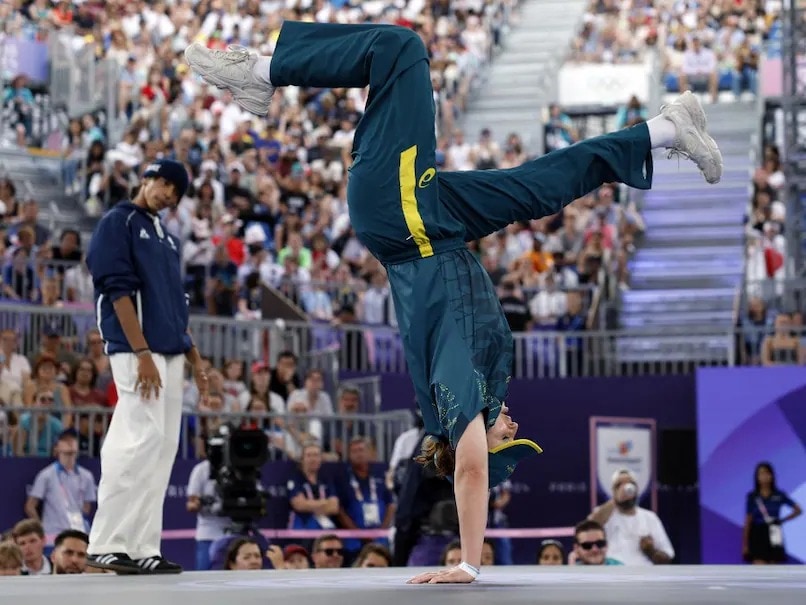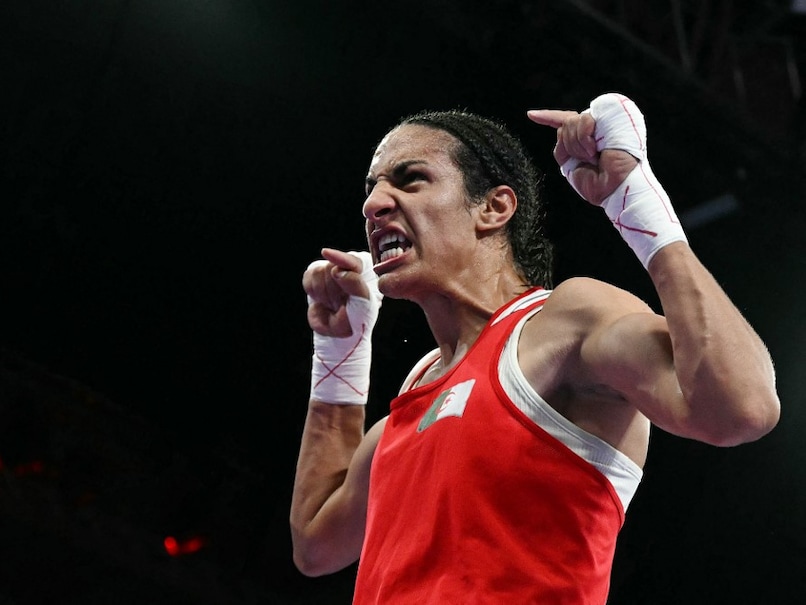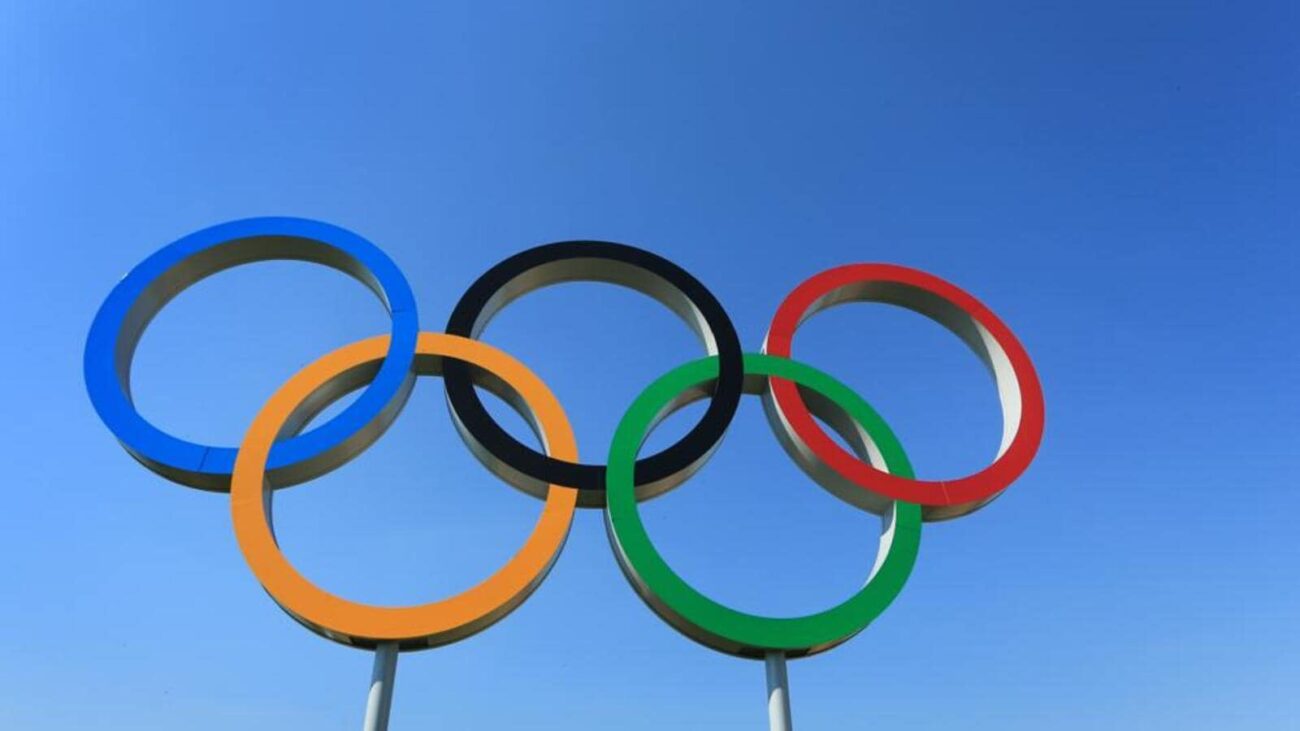The Paris Olympics organizing committee has set an ambitious goal of reducing single-use plastics by half compared to the 2012 London Games. However, the widespread use of plastic bottles by major sponsor Coca-Cola has raised concerns about the committee’s ability to meet this target.
Despite the ban on spectators bringing single-use containers to Olympic sites, Coca-Cola has been distributing Fanta, Sprite, and Coke in plastic bottles at venues. Staff have been observed emptying these bottles into reusable cups, a practice that some argue undermines the Games’ pledge to be the greenest in history.
Coca-Cola initially stated that nearly 10 out of 18 million refreshments served to spectators would be “without single-use plastic.” However, the company has since acknowledged the use of plastics due to “technical and logistical constraints.”
At the swimming events, for instance, glass bottles are being emptied into red-and-white cups. Georgina Grenon, head of sustainability for the Paris Games, explained that plastic bottles are being used where glass alternatives are not feasible.
Despite these challenges, the organizing committee maintains that the Paris Games will still significantly reduce plastics use compared to London 2012. Grenon estimates that the target of a 50% reduction in single-use plastics will be achieved.
However, environmental protection charity France Nature Environment (FNE) has criticized Coca-Cola for “unjustified plastic pollution” and awarded the company the “gold medal for greenwashing” during the Olympics.
Coca-Cola, one of the world’s largest plastics producers, manufactured 134 billion plastic bottles in 2022. The company has set a goal of using fully recycled plastic for all its bottles by 2030. Of the bottles being used at the Paris Games, approximately 6.2 million are made from recycled PET plastic.






